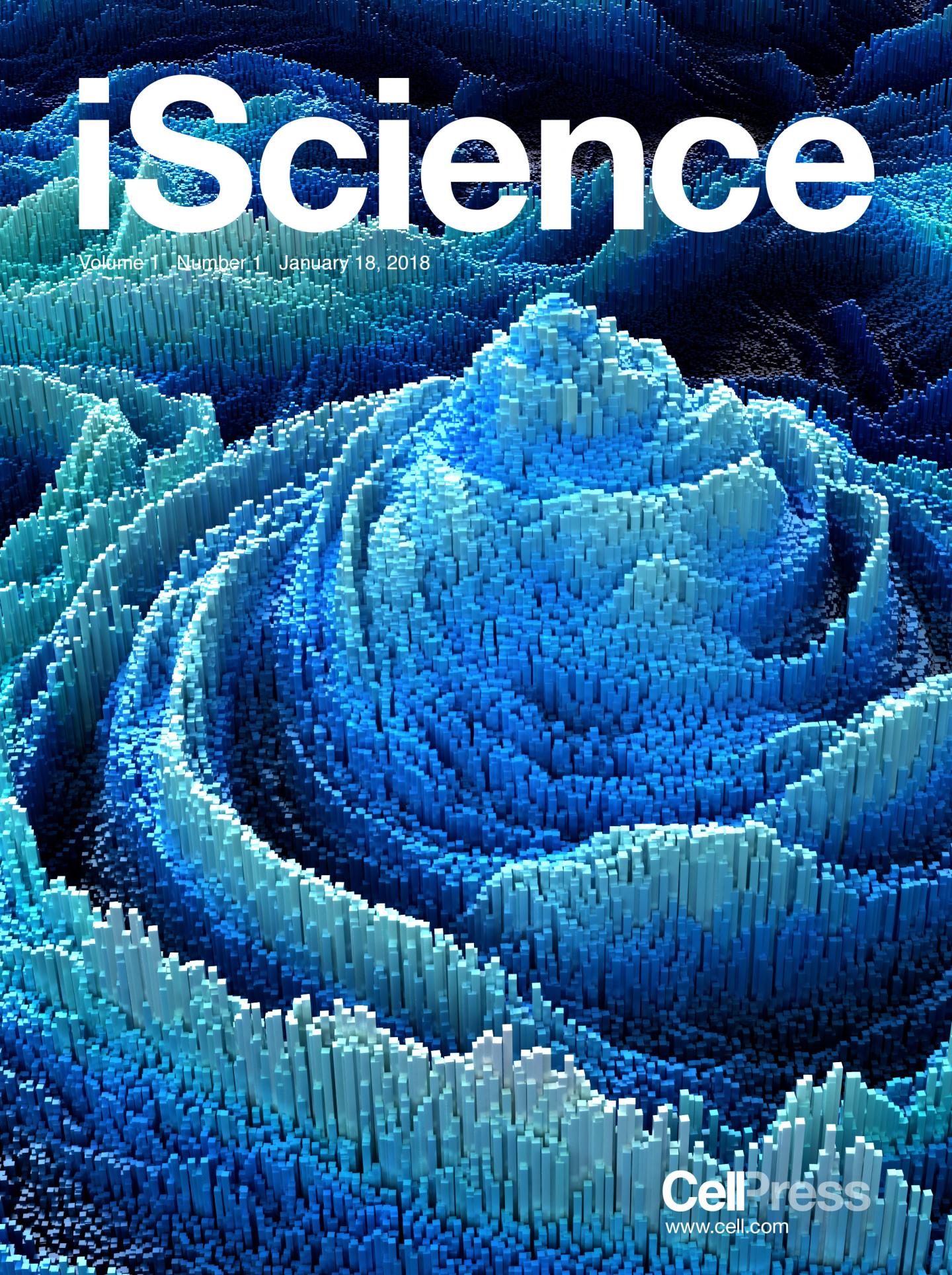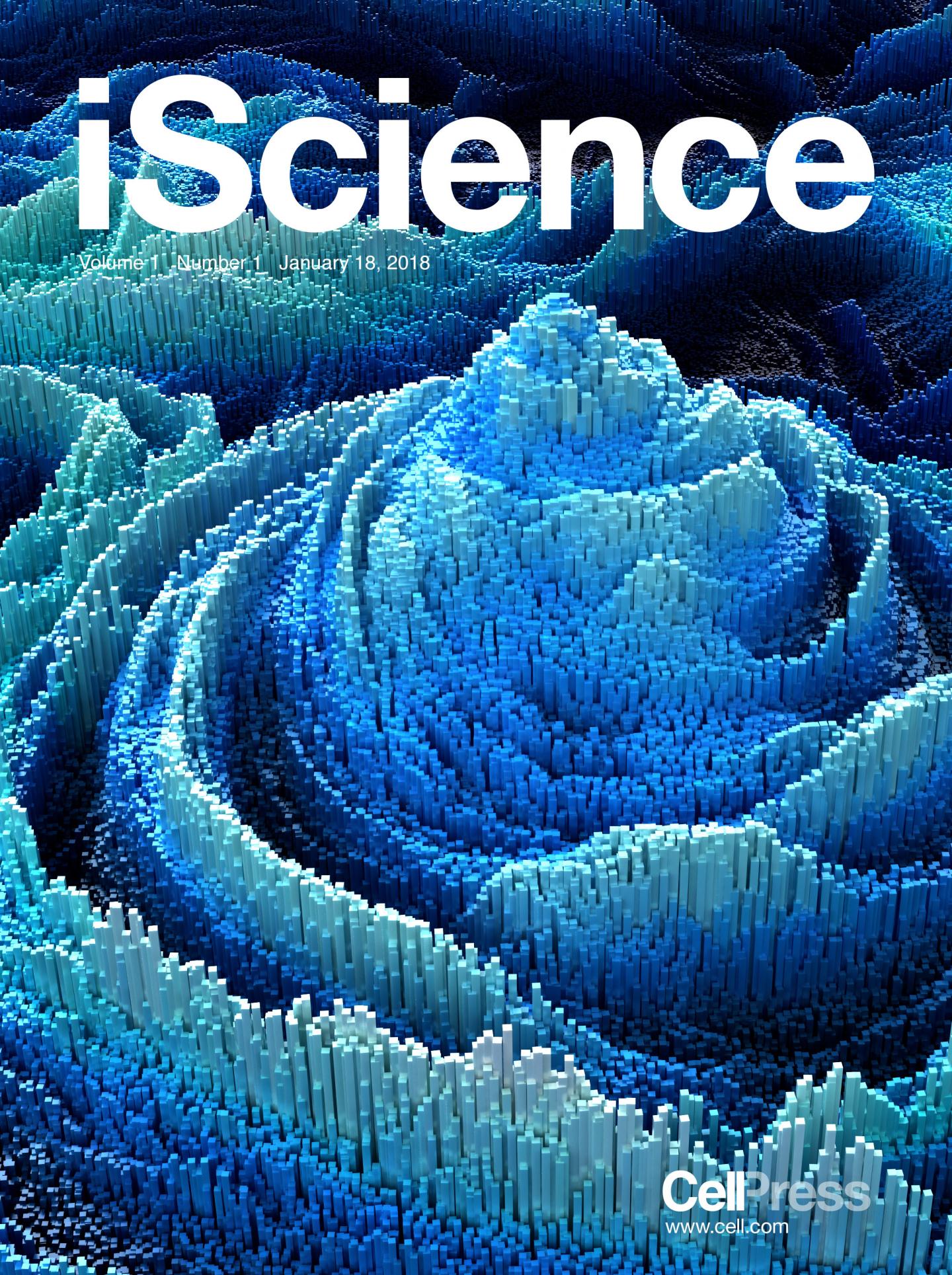
Credit: Cell Press
Cell Press, home of the flagship journals Cell, Chem, and Joule, welcomes a new addition for basic and applied research across life, physical, and earth science. iScience (@iScience_CP), an interdisciplinary, open-access, peer-reviewed journal, will publish on a continuous basis starting early 2018. The journal promises fast and fair decisions and will promote rigorous research that advances a field and reporting with transparent methods, replication studies, and negative results. Articles can now be submitted at http://www.cell.com/iscience/. Sign up for alerts at http://info.cell.com/iscience-registration.
"My main hope for iScience is that it will coalesce around a community of like-minded scientists who deeply value research that builds bridges and stimulates interdisciplinary thinking," says Lead Editor Stefano Tonzani, who holds a PhD in physics from the University of Colorado Boulder and has helped launch a number of open-access titles. "What the scientific world needs isn't for scientists to dig deeper in their burrows, but to go out and cross-pollinate ideas. Our grand societal challenges can be solved only if chemists are collaborating with economists, biologists are speaking to nanofabrication engineers, and so on."
With more than 40 years of experience publishing high-quality, high-impact journals, Cell Press's launch of iScience marks the brand's ongoing expansion into disciplines beyond the life sciences that began with Chem in 2016, followed by the energy journal Joule earlier this year. As with any other respected and recognized Cell Press publication, iScience will have a team of in-house professional editors giving each paper their personal attention and platforms that get articles to relevant audiences.
"This is an exciting new chapter for Cell Press," says CEO Emilie Marcus. "As science itself evolves, so too does the need for new ways to communicate it. With iScience, we can cater to more researchers in more disciplines and work with them to get the experience of Cell Press, which prides itself on author hospitality, large readerships, ethics, and research integrity."
iScience's editorial board harnesses experts across many different fields, a majority of whom are dynamic, early-career researchers.
Current members include:
- Emanuele Biondi, CNRS-Marseille, cell biology and bacteriology
- Pedro Camargo, University of Sao Paulo, materials science
- Stuart Casson, University of Sheffield, plant biology
- Wenlong Cheng, Monash University, chemical engineering
- Heather Christofk, University of California, Los Angeles, metabolism
- Elisabetta Collini, University of Padova, chemistry
- Corinna Dawid, TU Munich, plant and fungal metabolism
- Suzanne Devkota, University of California, Los Angeles, gastroenterology and immuobiology
- Paula Diaconescu, University of California Los Angeles, chemistry
- Kathryn Ferguson, Yale University, biophysics and structural biology
- Luisa Figueiredo, IMM, parasitology
- Lorenzo Galluzzi, Cornell University, cell biology
- Bonnie Hurwitz, University of Arizona, biosystems engineering
- Dooseok Jeong, KIST, materials science
- Hawoong Jeong, KAIST, statistical physics
- Ahmad Khalil, Boston University, synthetic biology
- Hyun Wook Lee, UNIST, energy storage and electron microscopy
- Chaoyang Lu, University of Science and Technology of China, quantum physics
- Emma Lundberg, KTH Stockholm, bioimaging and proteomics
- Arianna Maffei, Stony Brook University, neurobiology and behavior
- Bettina Malnic, University of Sao Paulo, biochemistry
- Qixi Mi, Shanghai Tech, materials science and renewable energy
- Tudor Moldoveanu, St. Jude's Hospital, structural biology
- Ki-Tae Nam, Seoul National University, materials science and engineering
- James Olzmann, University of California Berkeley, nutritional sciences and toxicology
- Satish Patil, Indian Institute of Science, Bangalore, organic electronics
- Sai Reddy, ETH Zurich, biomolecular engineering
- Paola Scaffidi, The Francis Crick Institute, cancer epigenetics
- Jaswinder Sethi, University of Southampton, immunometabolism
- Savas Tasoglu, University of Connecticut, materials science
- Hiroki Ueda, Riken, synthetic biology
- Miriam Unterlass, University of Vienna, polymer science
- Ophelia Venturelli, University of Wisconsin, biochemistry
- Zuankai Wang, City University of Hong Kong, biomedical engineering
- Xi Wang, Beijing Jiaotong University, materials science
- Wilson Wong, Boston University, biomedical engineering
- Fei Xu, ShanghaiTech University, developmental biology
- Kwang Wei (Joel) Yang, Singapore University of Technology & Design, optics, photonics, and electrical engineering
- Li Yang, Chinese Academy of Sciences, computational biology
- Hyun Youk, Delft University of Technology, physics of cellular systems
- Hani Zaher, Washington University St. Louis, molecular cell biology
- Jinxing Zhang, Beijing Normal University, condensed matter physics
- Wenjun Zhang, University of California Berkeley, chemical and biomolecular engineering
###
Cell Press (@CellPressNews), an imprint of Elsevier, is a leading publisher of scientific research and reviews. We drive science forward and promote cross-pollination of ideas with our passion for excellence and commitment to innovation. Our aim is to engage the scientific community by communicating important, exciting discoveries made today that will impact the future of research. Visit: http://www.cell.com/.
Media Contact
Joseph Caputo
[email protected]
617-335-6270
@CellPressNews
http://www.cellpress.com





